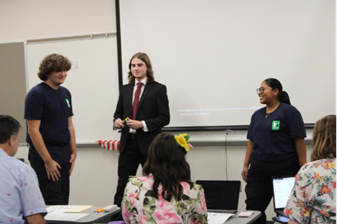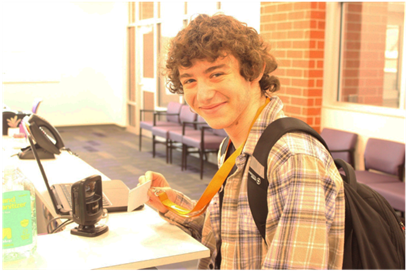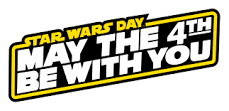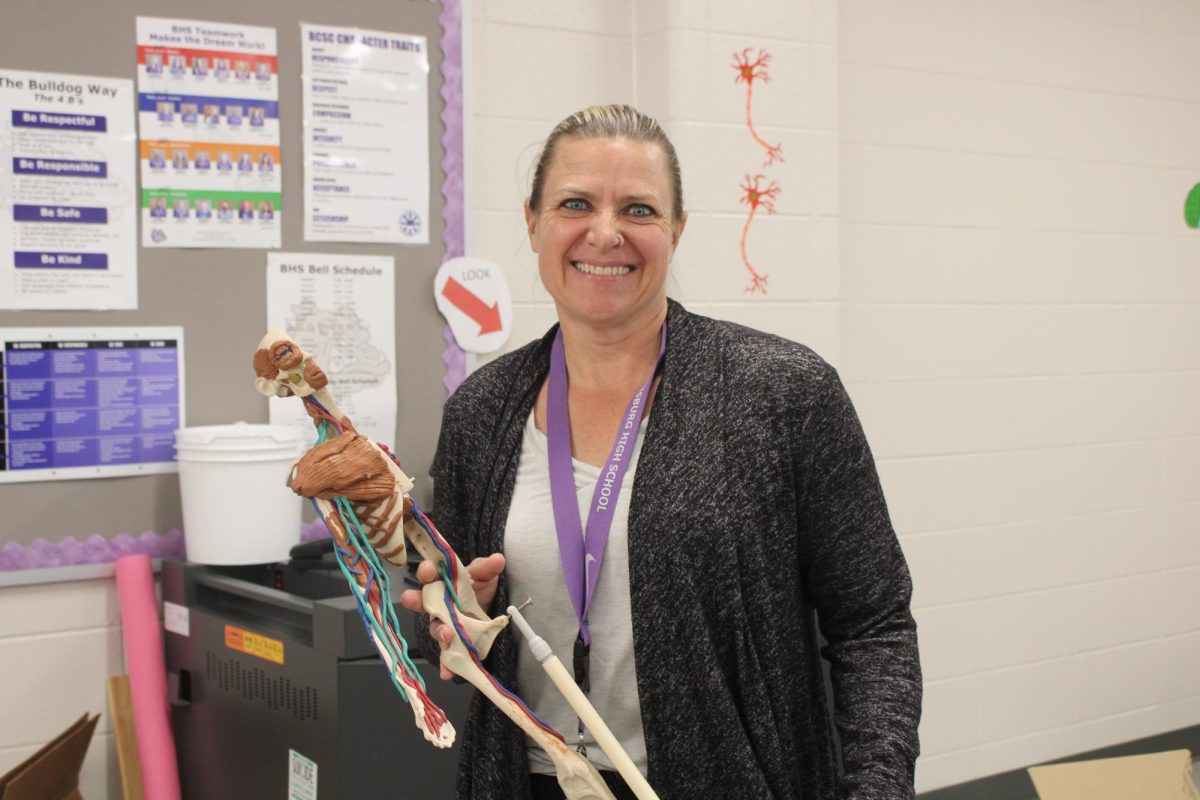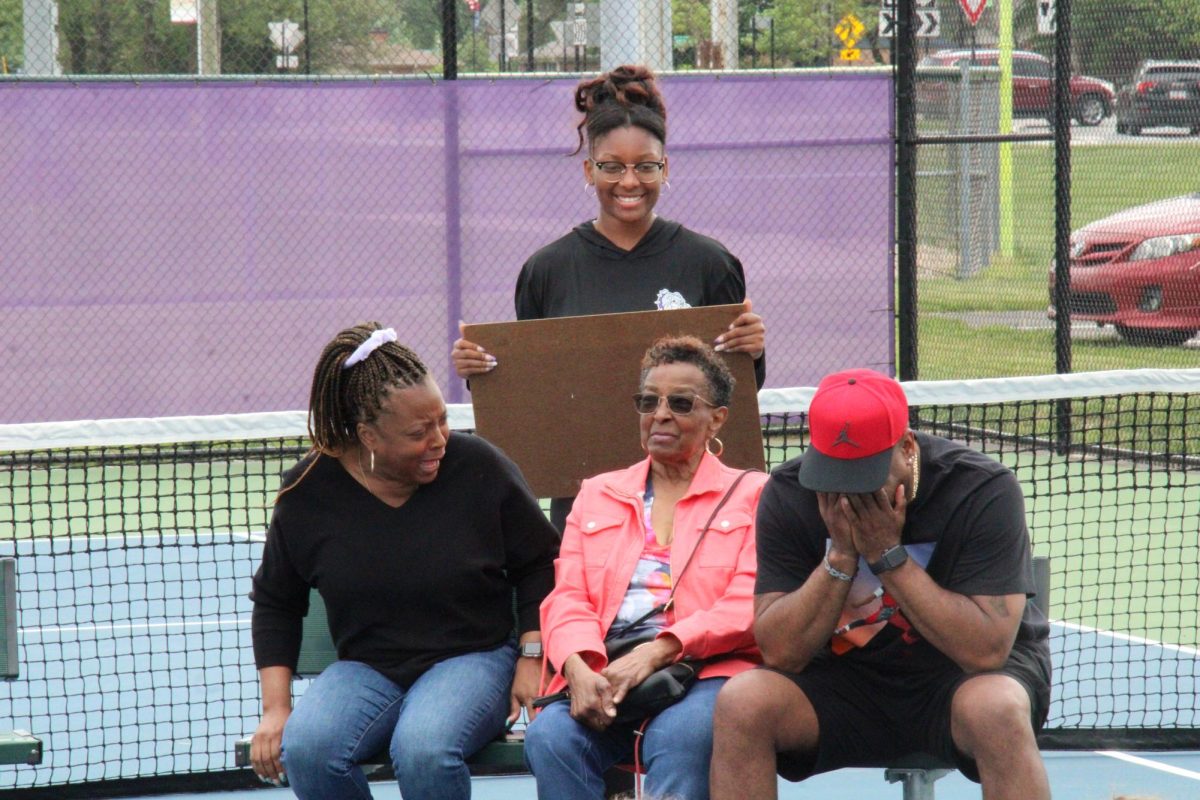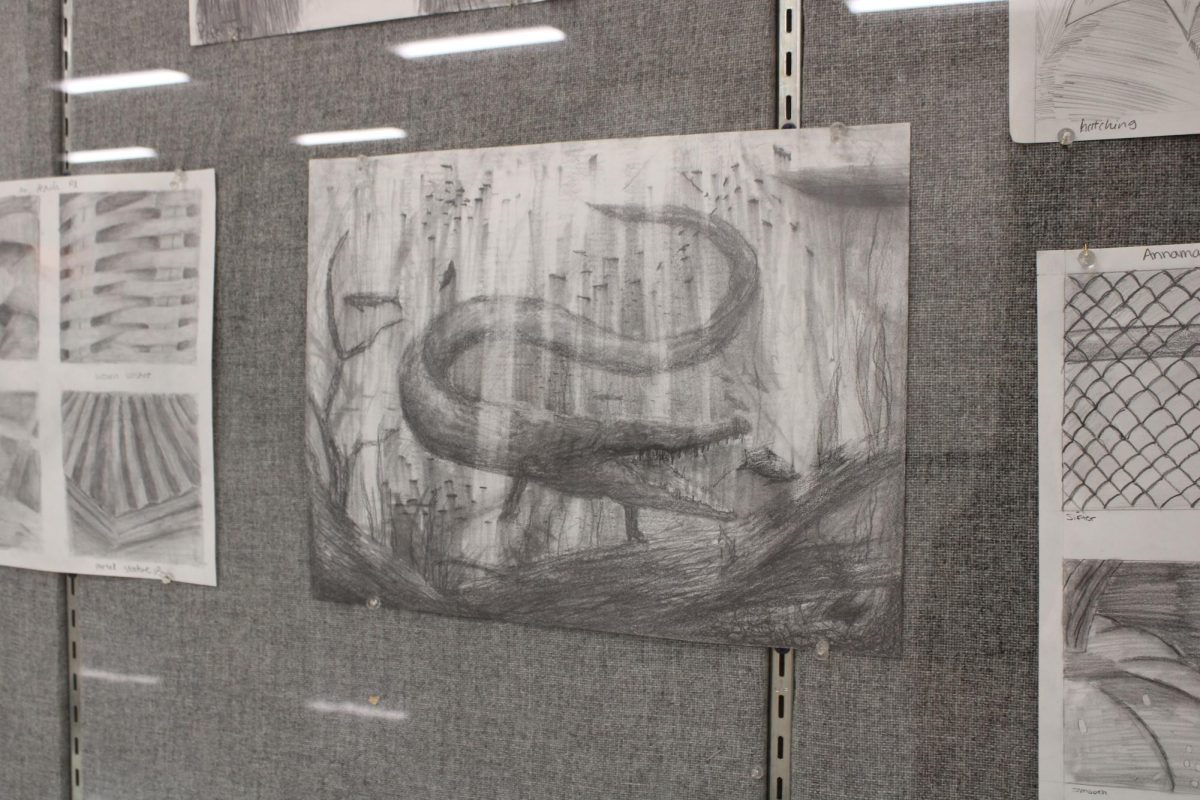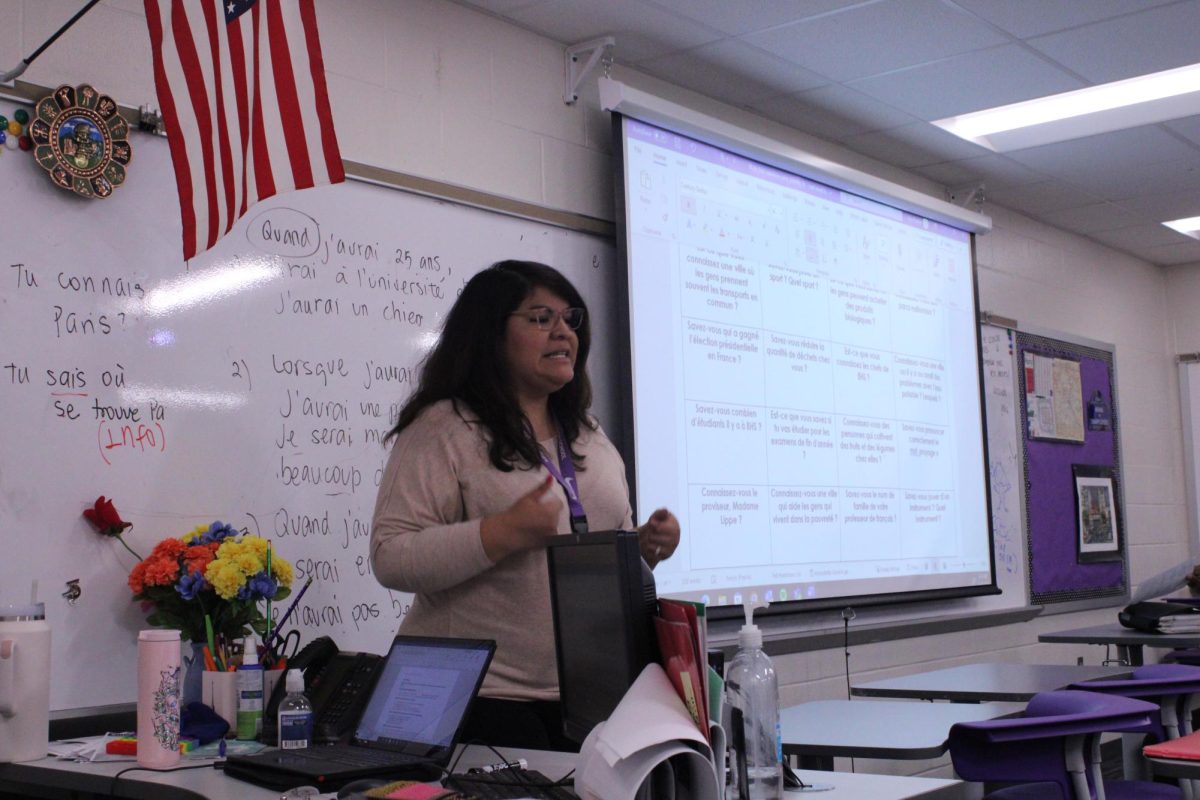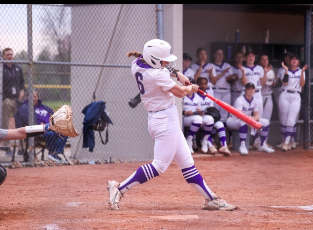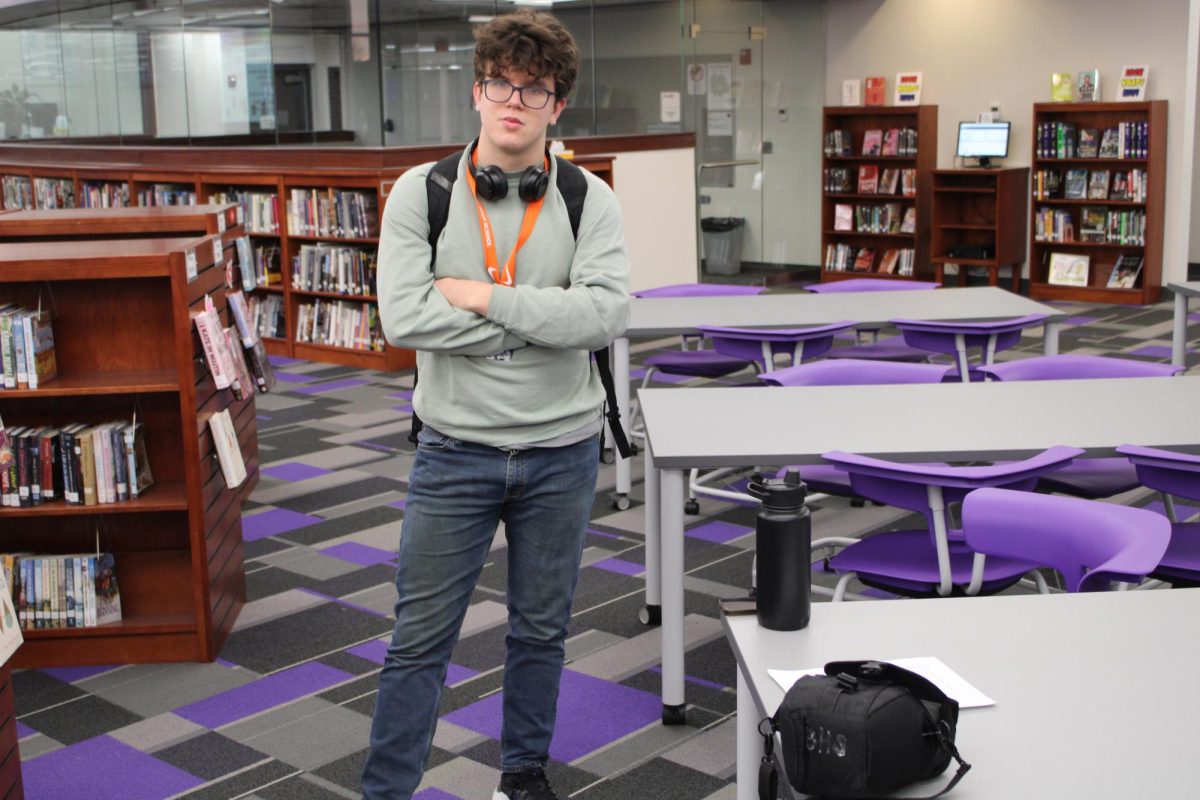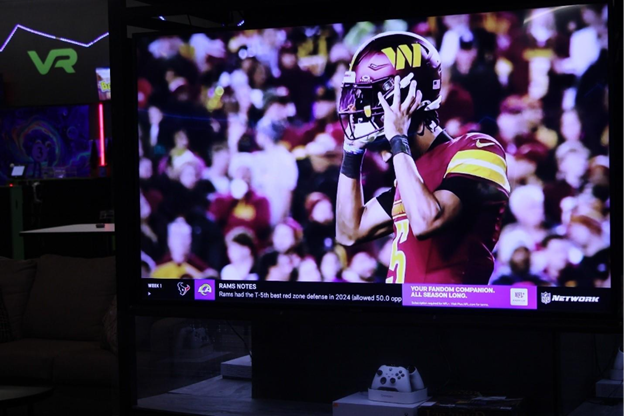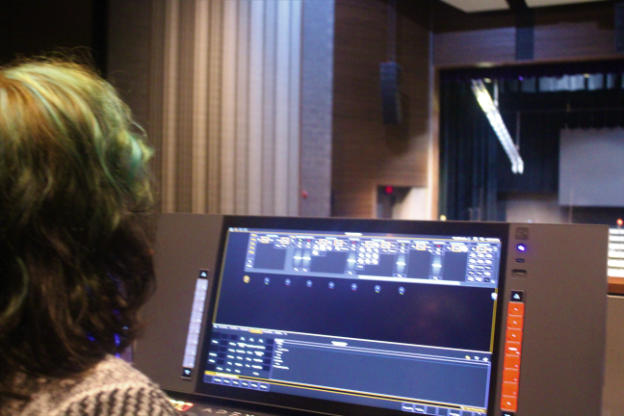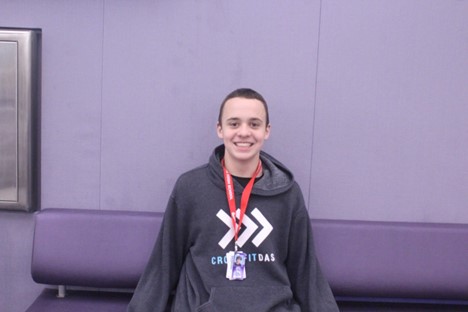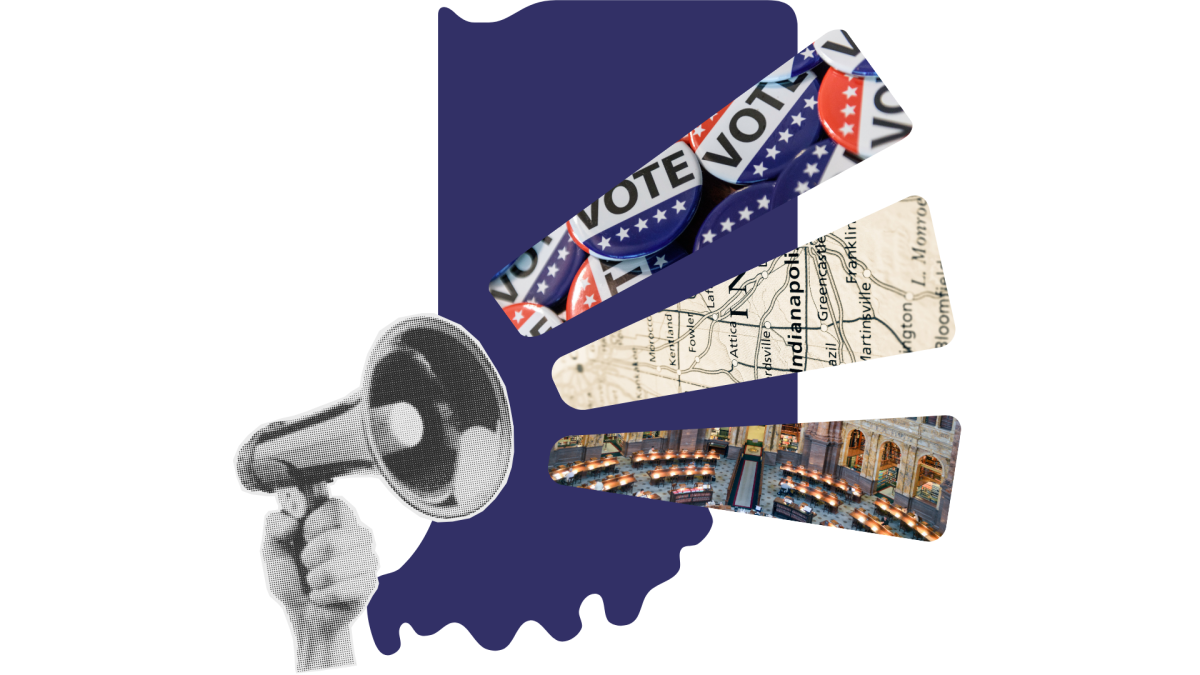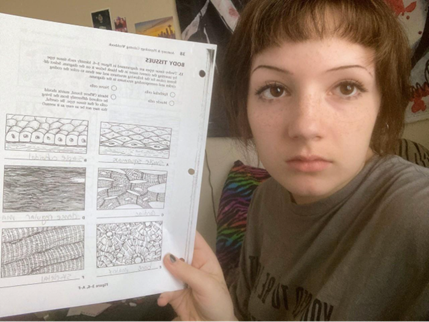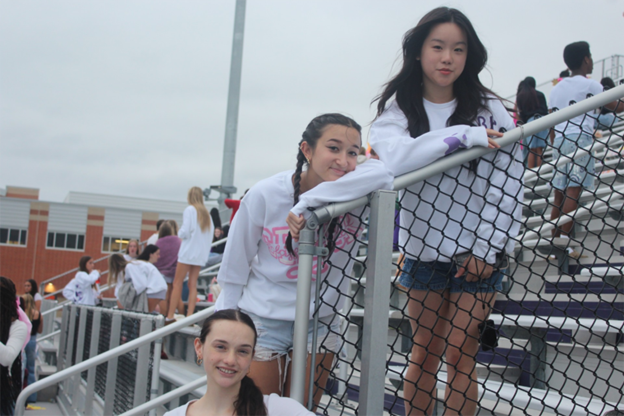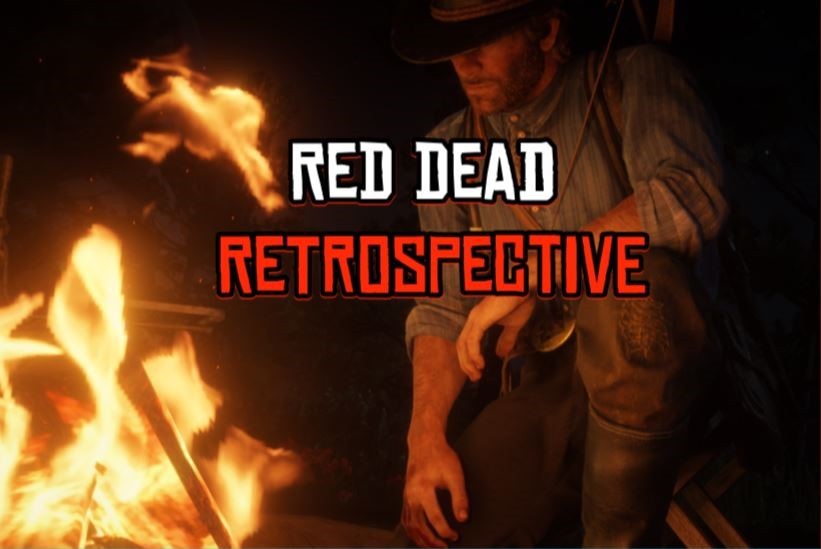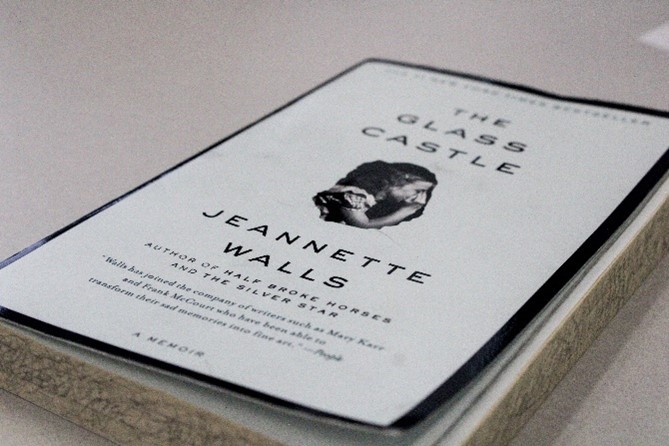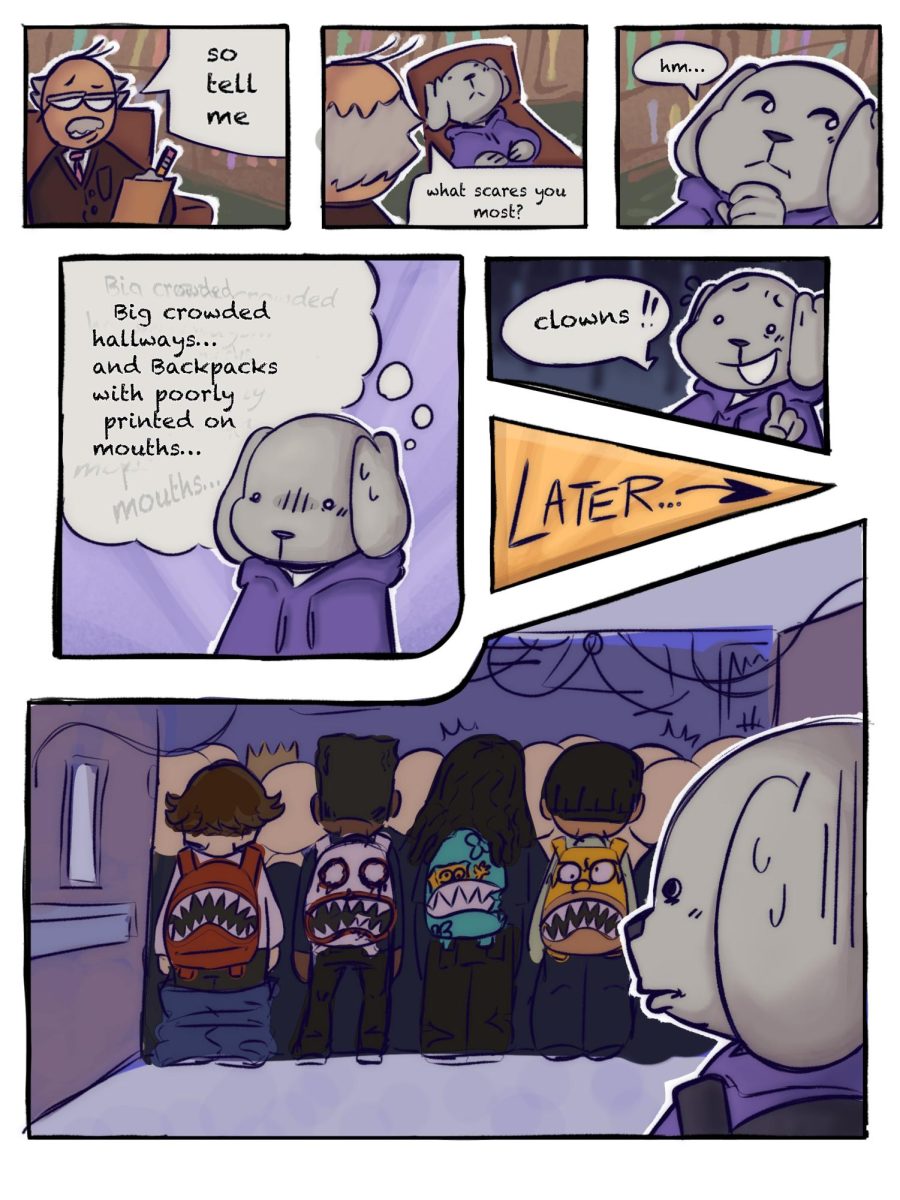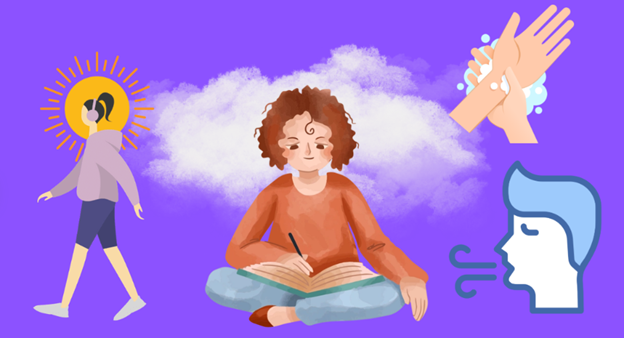Who gets a say when books are being replaced in school?
May 17, 2022
One of my favorite books I’ve read during my high school career was a book called The Glass Castle. I read this book my freshman year, and I have fallen in love since. The characters, settings and plot of this real-life story should be heard and read by all. The story can be graphic and intense at times, but that is what made the book so appealing to me. To think the events that took place happened and were experienced by another human being is bewildering to me.
Unfortunately, the book has since been taken out of the school’s learning curriculum. The reasoning behind the book being taken out was because of a parental complaint. This led me to wonder, why are books so easily able to be taken out of school curriculums and what do teachers think about it?
Before a book can become a learning tool used in the classroom, many different groups of people first must approve of the book.
“They must first be carefully and thoughtfully reviewed by a group of parents, students, teachers and School Board members prior to embedding them into our curriculum,” Secondary Department Head for English Mrs. Thompson said.
Books are learning tools used by trained professionals to help teach the youth about certain issues that occur during life. BHS English teacher Ms. Cannon commented on how books are used in the class setting.
“I know as a department, we are going through all of our books and trying to make our reading more equitable and more relatable to diverse groups of students. A lot of the time, there are difficult subjects that arise, but that’s a part of life, and we try to foster a classroom where we can talk about difficult things and not just ignore them.”
Fellow English teacher Ms. Wisely also left comments about books being used within the class.
“Good literature forces you to confront experiences, opinions and ideas that are different than your own. Learning shouldn’t be comfortable. I think parents that take issue with certain books their children read in school (particularly at the high school level) are missing opportunities to have conversations with their students about what they want them to see or understand.”
The Glass Castle had its controversial parts within the story; however, the teacher who taught the class never treated the text inappropriately nor rudely against the topics being discussed.
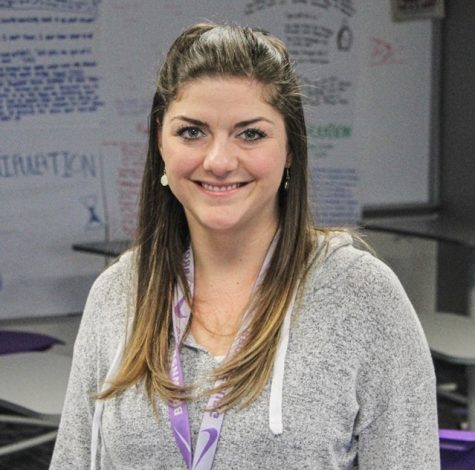 Cannon comments on the expectations she has for herself and her colleagues as a teacher.
Cannon comments on the expectations she has for herself and her colleagues as a teacher.
“Sometimes people pick up a book and read it and be like, ‘Oh my gosh this is being read in a high school classroom?’ Not thinking that we are intentional with our discussions, and we don’t just throw a book in front of you and not warn you or talk about, if this happens in life, what we can do about it.”
Not all books have a happy ending or a positive story. But it is through these texts we learn to understand more about the world and other people too.
“Understanding other people’s experiences makes you a well-rounded citizen of the world. So, we should be reading things that aren’t just about our experiences,” Ms. Cannon said.
Taking books out of school curriculums can create major conflict and disagreements; however, with the right intentions and proper guiding, all books can be read and understood appropriately.
